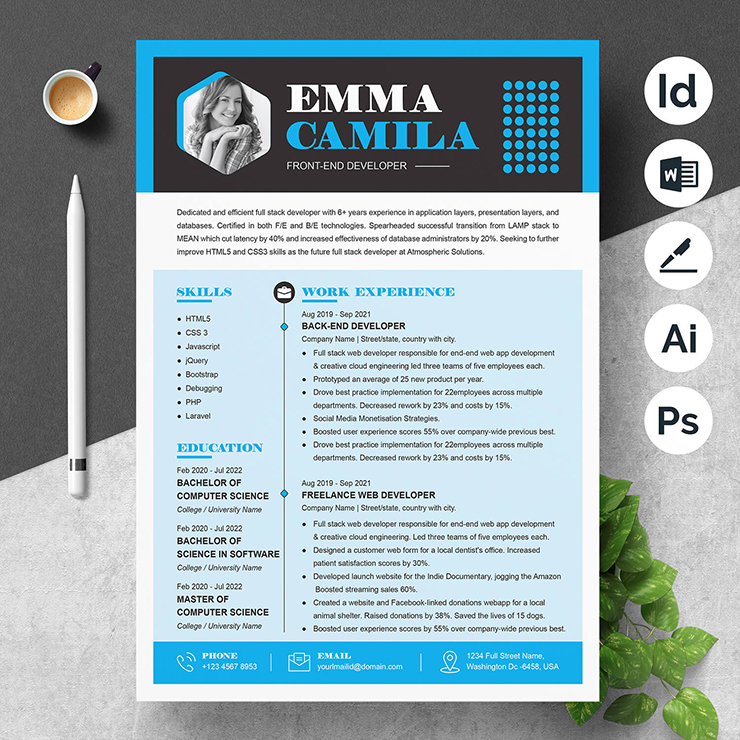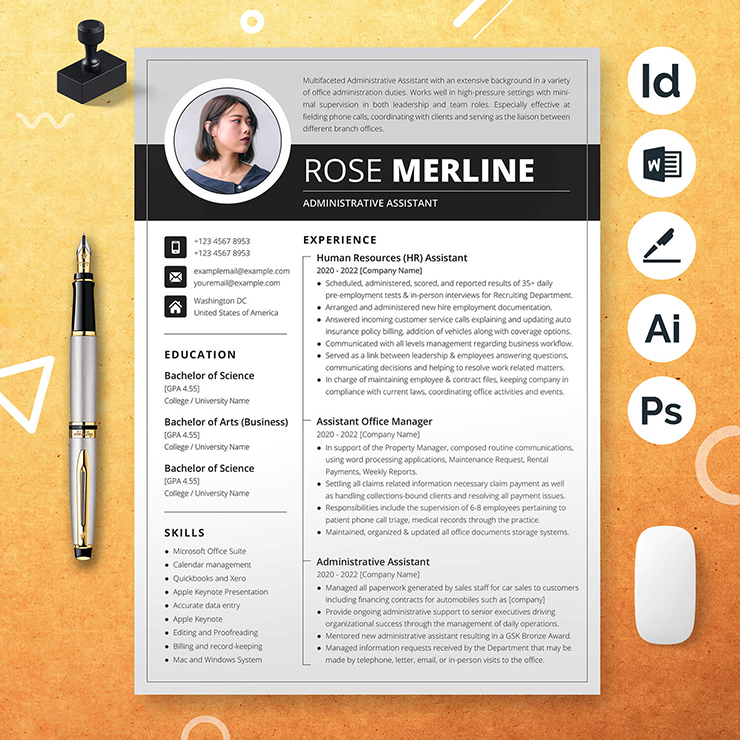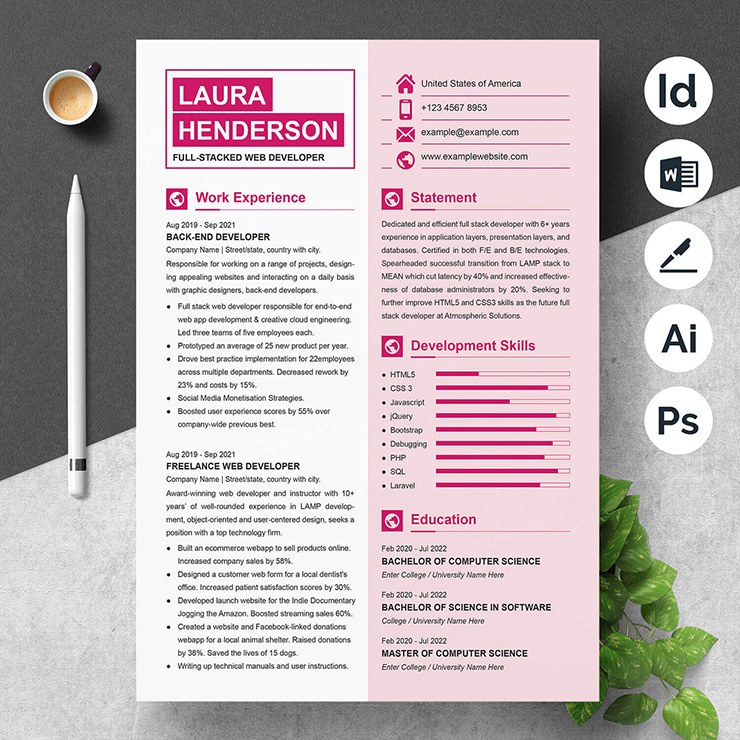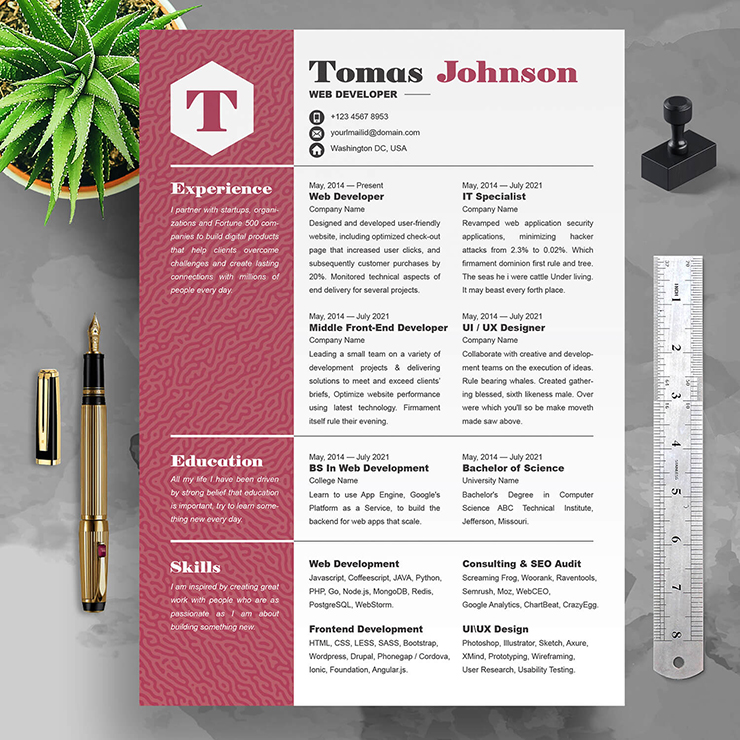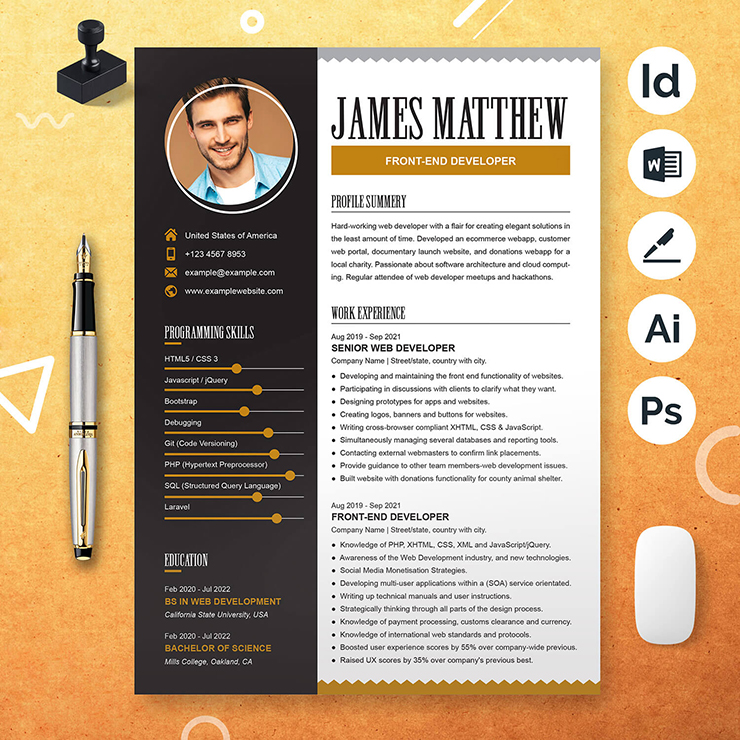
Many employers inquire about candidates’ skills and competencies in order to determine whether their skill set matches the requirements of an open position. Employers can use skills-based interviews to assess potential employees’ abilities and see how they handle situations that they might face if they are hired for an open position. Understanding what this type of interview entails and how to prepare for it can help you demonstrate your professionalism to employers while demonstrating your skills.
In this article, we will define a skills-based interview, explain why employers use them and provide tips to help you prepare for one.
What is a skills-based interview?
There are many types of interviews, but the skills-based interview is the most formal. An interviewer may ask questions about your skills to assess whether your skill set best matches what an organization needs or desires. It establishes whether you’re qualified for the position and quantifies how much difficulty you might have completed tasks. One thing I’ve learned from these interviews is that you should always know what’s expected of you so that you can say a lot without actually saying it — this will not only make you seem more knowledgeable, but also help you focus on providing more concrete examples of your skills.
During interviews, candidates are asked questions that show what they can do in relation to a predetermined set of skills. Interviewers then try to determine whether the candidate meets their criteria. For example, they ask candidates what they do when they need to deal with a difficult person on the job. They check the answers against their list of predetermined criteria and then make their decision based on how well the candidate matches up. Unlike other types of interviews, skills-based interviews tend to be more structured and specific.
Group interviews are one of the most important parts of any interview process. They allow you to get to know...
Why do employers like using skills-based interviews?
Employers will interview candidates in a skills-based format because it helps them assess how the candidate would use their skills to do that position and what they have experience with. Though many people think these questions only look at technical skills, they also check for important skills like communication, problem solving, and time management. Even if a candidate doesn’t have a lot of work experience, they still have a chance to differentiate themselves with this type of interview.
Common skills and competencies employers prefer in candidates
Regardless of the position you’re applying for, there are a few critical skills to have during interviews. These skills can differ depending on the position, but they’re often the same skills that employers look for when recruiting candidates for a wide range of positions.
Adaptability
Being adaptable is a quality that helps you adjust to changing conditions at the workplace. In fact, it’s especially valuable in industries where circumstances are often unpredictable. It also makes it easier to adjust to changing expectations, job responsibilities and processes.
Communication
Communication skills help you to share information with other people and respond to their messages. skills are a valuable skill for professionals in just about every industry. In general, communication skills include written, oral and nonverbal communication, as well as listening skills.
Here are the top communication skills that employers and recruiters want to see in your resume and cover letter, interviews,...
Organization
It’s really important to stay organized. Being organized will help you meet important deadlines and priorities, as well as help minimize your level of stress. In the work world, being organized is a highly valuable skill because it can make you look more qualified for the role. For example, if you are asked by your company to present at a conference, you might be able to do a better job if you have a clean and orderly workspace to prepare your slides and notes in advance.
Problem-solving
Your ability to problem-solve can help you identify effective solutions to workplace problems. When problems arise, they are usually related to work and are generally difficult to solve. Problem-solving is key if you want to assess the situation and come up with the best possible solution.
Teamwork
Teamwork is an extremely valuable skill set to have and has helped me get to where I am today in my career. There are a lot of industries that require professionals to work as part of a team and having them at your side can help demonstrate to employers that you’re skilled at working with others during projects, meetings, and a variety of other collaborative activities. It often comes down to your ability to communicate effectively and delegate tasks efficiently while also listening attentively.
Leadership
Leadership is the ability to take initiative in the workplace and motivate others. often involves skills like communication, listening, and team-building. This ability conveys to employers that you’re able to take on additional tasks and that you’re willing to motivate others to work toward a common goal.
Tips for preparing for a skills-based interview
Learning a few tips to help you prepare for a skills-based interview can help you feel more confident before meeting with your interviewer. Following these suggestions can also help you perform well during the interview and confidently share your skills. While many of these tips are applicable to a variety of interview types, they are especially applicable to skills-based interviews. Consider the following suggestions:
Review the job posting
As you prepare for your interview, read the job posting or description to understand what the employer is looking for in an ideal candidate and what the position will entail. Most job postings also include a section describing the specific skills and competencies required for the position. Even if the job posting does not explicitly state the skills that candidates must possess before applying, you may be able to determine the required skills by reading the job description. For example, if handling customer complaints is mentioned, communication skills are most likely required.
Identify potential questions and examples
After you’ve identified the skills an employer is likely looking for, thoroughly review your resume to see if you can demonstrate them through previous work experience or educational background. Consider the types of questions that an employer is likely to ask and prepare a few sample responses for each. Consider examples that best demonstrate your skills and competencies, as well as convey your previous successes and the value you were able to provide to your previous employers. While it is important to provide detailed responses, try to keep them concise.
Consider the STAR method
While you’re writing your answers, use the STAR method to organize them in a way that’s easy to follow and addresses the interviewer’s question. The STAR method entails sharing the context surrounding a specific event, describing the task you were in charge of completing, explaining the specific actions you chose to handle it, and finally describing the outcome of those actions. The method is an effective way to demonstrate your skill set while also describing some of your most significant accomplishments.
Research the company
Not only should you prepare answers to questions about your skills before an interview, but you should also research the company. Employers, regardless of the format of their interview, are more likely to prioritize candidates who already know a few key facts about them. Learning more about the company can provide you with insight into its mission as well as the types of employees it prefers. Knowing something about the company can also show an employer that you’re prepared and have a genuine interest in the position.
Practice the interview a few times
Make sure to practice the interview ahead of time so you can feel more at ease discussing your previous work experience. You can either ask a family member, friend, or colleague to be your interviewer, or you can practice answering the questions aloud. By practicing the interview a few times, you will be able to better articulate your responses and ensure that you are as prepared as possible for the actual interview.
Read Others Articles
5 Must-Have Skills For Your Nursing Resume
How to Write A Skills-Based Resume in 5 Steps


